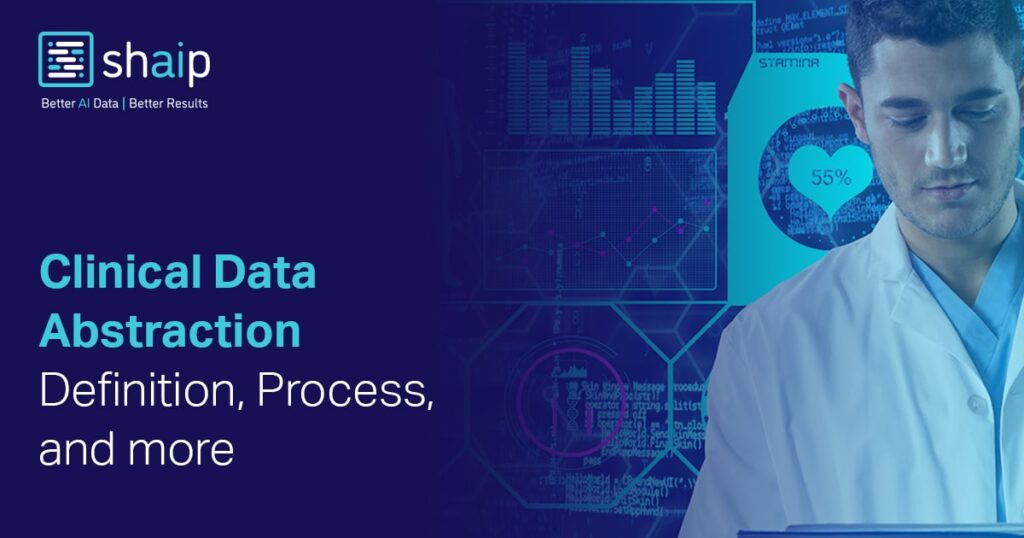Introduction
Hospitals and clinics see thousands of patients annually, requiring a dedicated team of physicians and nurses to provide care and maintain detailed records. Patient registries play a crucial role in improving outcomes, but managing the vast amount of data they generate is a significant challenge, especially when it comes to clinical data abstraction.
Understanding Clinical Data Abstraction
Clinical data abstraction involves actively searching medical records to extract necessary data for further analysis. This process includes matching medical record details to required data elements, categorizing, coding, interpreting, summarizing, and calculating data. It plays a vital role in measuring outcomes and comparing performance across healthcare organizations.
The Clinical Data Abstraction Process
The process of clinical data abstraction involves identifying relevant data points, collecting data from electronic health records and other documents, entering and validating data for accuracy, and analyzing data to produce actionable insights.
Benefits of Clinical Data Abstraction
- Improved Patient Care and Outcomes: Healthcare AI can analyze patient data to identify trends and tailor treatments for better outcomes.
- Enhanced Research and Clinical Studies: Abstracted data supports research activities, clinical trials, and medical advancements.
- Data De-identification for Privacy: De-identifying patient information protects privacy while allowing for data use in research.
- Informed Decision-Making: Data abstraction provides crucial information for healthcare decision-making.
- Regulatory Compliance and Quality Assurance: Accurate data abstraction helps healthcare facilities comply with standards and maintain quality care.
- Efficient Resource Management: Data abstraction helps hospitals optimize resource allocation for cost savings and better healthcare delivery.
Key Challenges in Clinical Data Abstraction
- Tackling the Volume of Data: Managing the vast amount of data is a significant challenge for quality department teams.
- Integrating Diverse Data Sources: Merging data from multiple systems into a usable format requires sophisticated systems and skilled personnel.
- Keeping Up with Evolving Regulations: Healthcare regulations change frequently, making it challenging to ensure compliance in data abstraction.
- Addressing Human Error: Human error can lead to inaccuracies in data abstraction, affecting data integrity.
- Navigating the Complexity of Data: Clinical data are complex and require specialized knowledge for accurate interpretation.
- Ensuring Knowledge Continuity Amid Turnover: High turnover rates in healthcare can lead to gaps in knowledge and inconsistencies in data abstraction.
Conclusion
Clinical data abstraction is essential in modern healthcare for enhancing patient care, informing decisions, and driving research. Despite challenges, effective abstraction strategies can significantly improve healthcare quality, efficiency, and patient outcomes.


